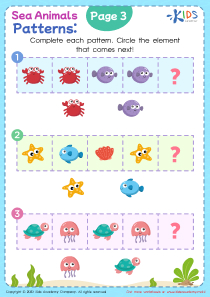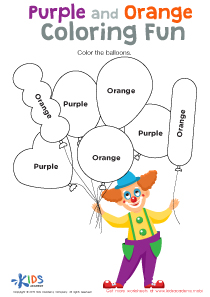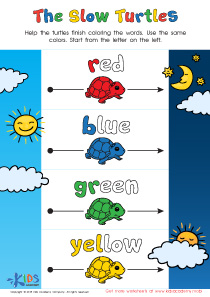Writing practice Easy Preschool English for Beginners Worksheets
4 filtered results
-
From - To
Discover our "Writing Practice Easy Preschool English for Beginners Worksheets" designed to make learning fun and effective for young minds. These engaging worksheets are perfect for preschoolers embarking on their English learning journey. Focused on building foundational skills, they offer simple, step-by-step exercises that encourage children to practice writing letters, numbers, and simple words. Our vibrant, easy-to-understand activities not only enhance writing abilities but also sharpen fine motor skills. Tailored for ESL learners, these worksheets ensure each child can confidently achieve their writing milestones. Make learning joyful with our expertly crafted resources, ideal for young beginners.
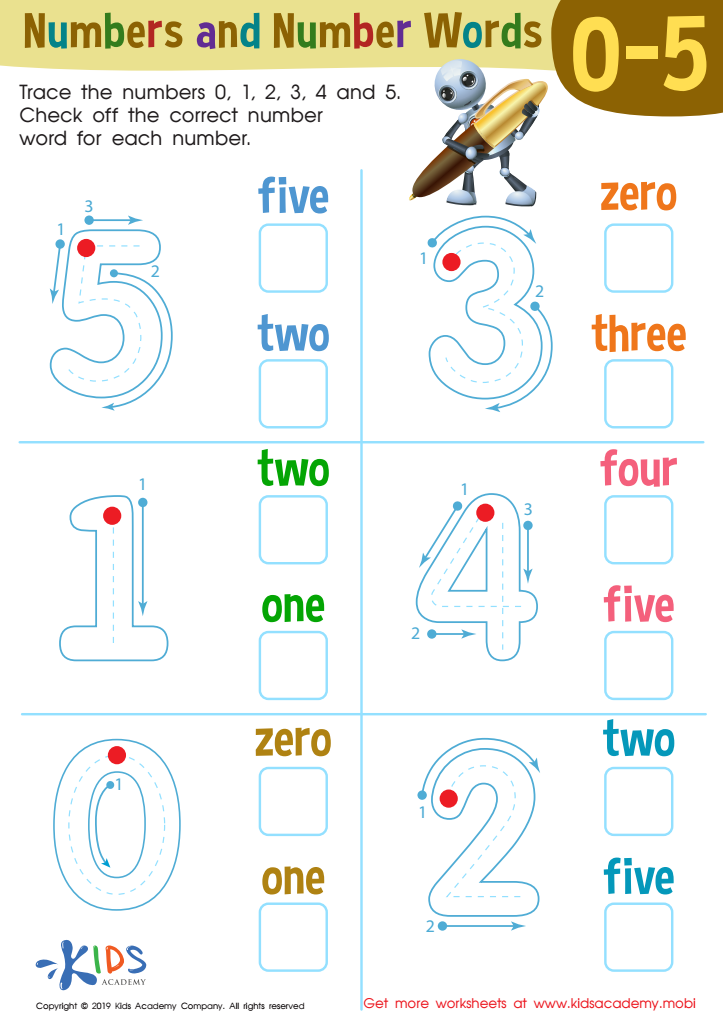

Numbers and Number Words Worksheet
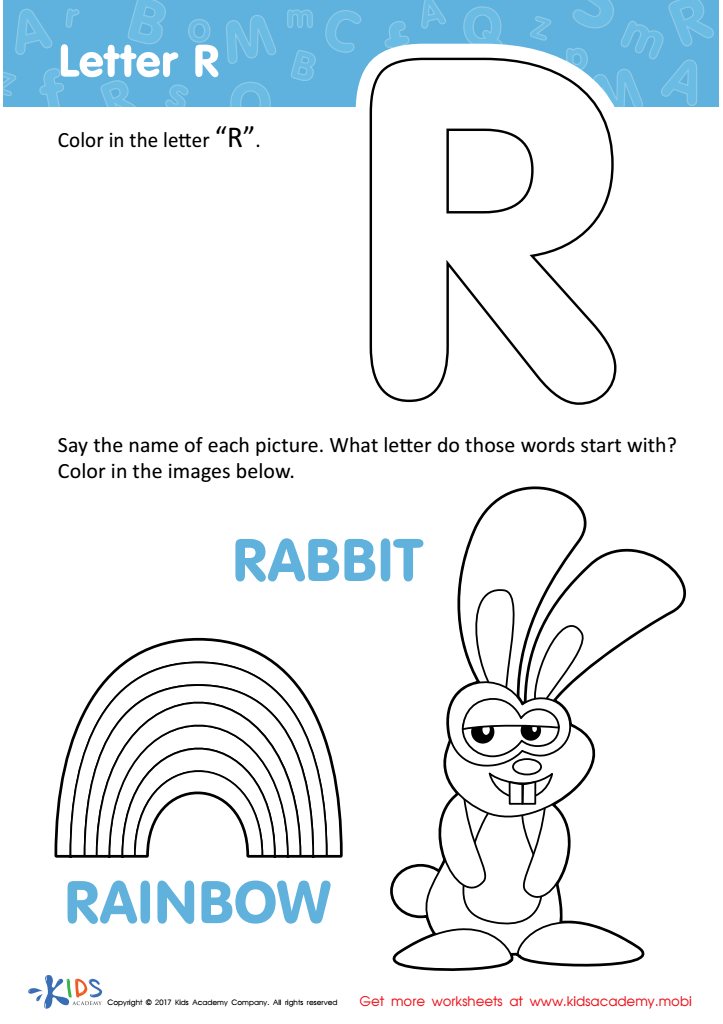

Letter R Coloring Sheet
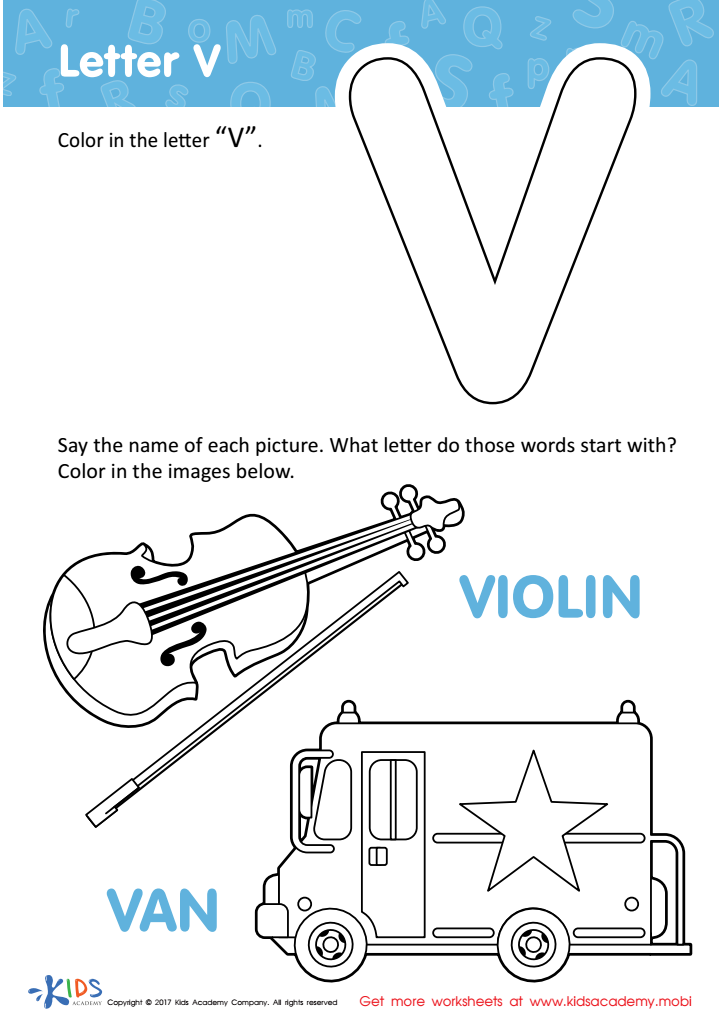

Letter V Coloring Sheet
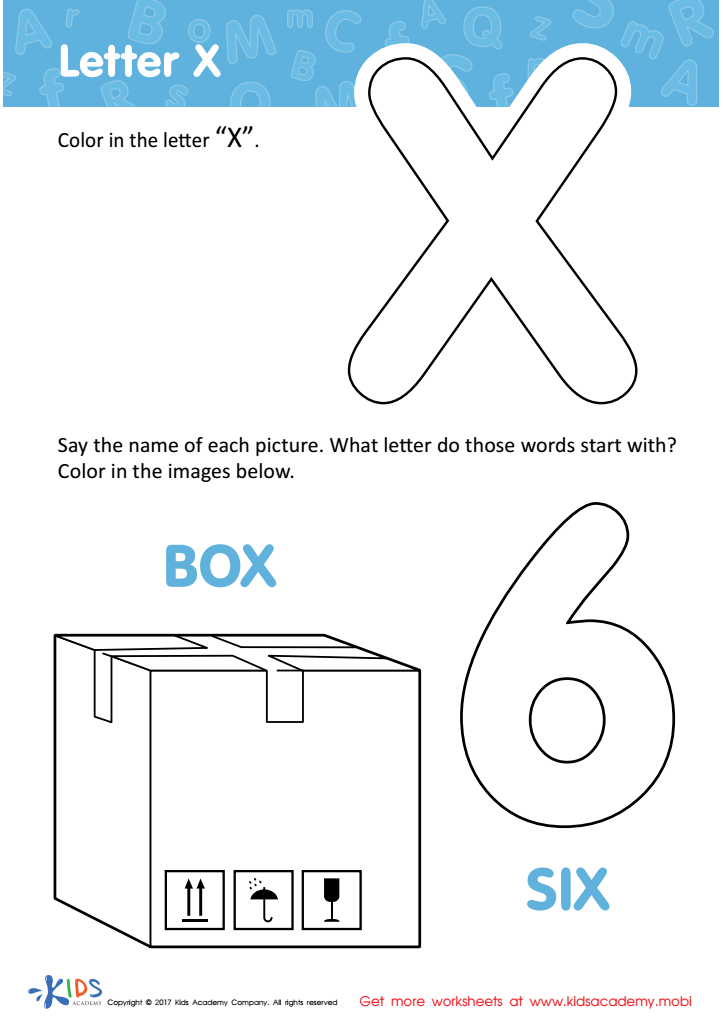

Letter X Coloring Sheet
Writing practice in preschool is enormously beneficial for both cognitive and motor development in young children. For parents and teachers, investing effort into Early Preschool English writing activities can set a strong academic foundation. Firstly, writing aids in developing fine motor skills—guiding young learners to better control their hand movements through exercises like tracing or simple handwriting practice. Strengthening these skills is critical for everyday tasks beyond academics.
Secondly, engaging early learners in writing activities helps in boosting literacy skills. Writing practice promotes the understanding of letter shapes, phonics, and word formation, making it easier for kids to comprehend reading material as they progress. It bridges the gap between recognizing letters and forming coherent words, enhancing their reading and spelling abilities.
Additionally, developing writing skills at an early age enhances cognitive development. It fosters mental agility, attention to detail, and sequential thinking as children learn to express thoughts through a coherent string of letters and words. This foundational skill ensures that classrooms become venues for more engaging and differentiated learning experiences.
Equally important, writing practice prepares children socially and emotionally by encouraging self-expression and communication. Understanding the importance of these foundational skills can embolden parents and teachers to actively commit to nurturing them from a young age, setting the stage for the child's future success.
 Assign to My Students
Assign to My Students



